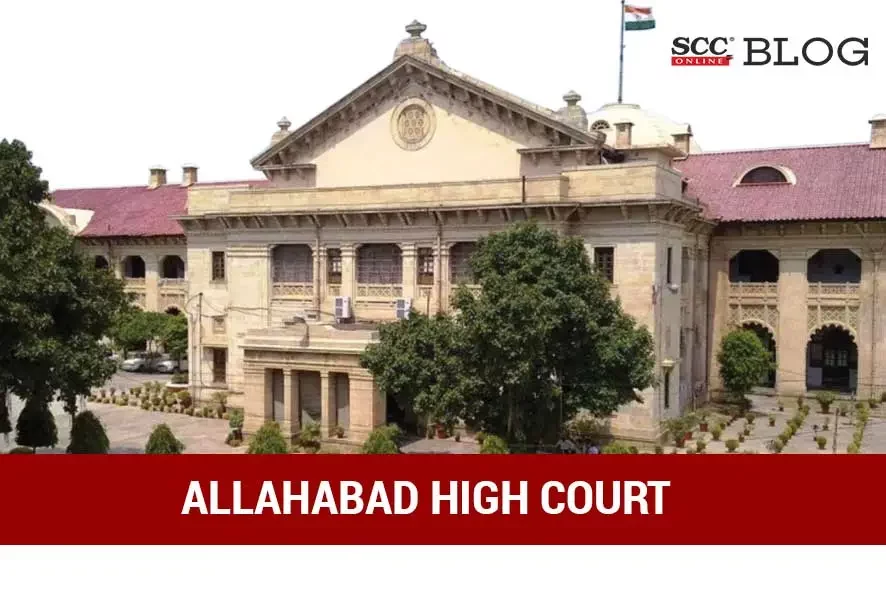Allahabad High Court: In an application filed under Section 482 of the Code of Criminal Procedure, 1973, (‘CrPC’) challenging the charge sheet and summoning order as well as entire proceeding of criminal case for the offences under Section 505(2) read with Section 295-A of Penal Code, 1860 (‘IPC’) and Section 67 Information Technology Act, Prashant Kumar, J. reiterated that at the stage of taking cognizance, the Court should not get in the merits of the case, at such stage, the Court’s power is limited to the extent on finding out whether from the material placed before it, the offences alleged thereunder against the accused is made out or not with a view to proceed further with the case. Hence, the Court denied interfering and entertaining the instant application filed under Section 482 CrPC.
In the case at hand, a First Information Report (‘FIR’) was registered against the accused on the ground that he had been instrumental in disturbing communal harmony. The accused had posted a very objectionable and disrespectable picture of Lord Hanuman, with a very objectionable tag line. After the investigation, a charge sheet has been filed. The Court has taken cognizance after perusing the material available on record and concluded that prima facie case has been made out against the accused.
The Court took note of State of Haryana v. Bhajan Lal, 1992 Supp (1) SCC 335, wherein the Court has laid down guidelines as to how the inherent power bestowed in the High Court should be exercised under Section 482 CrPC. The Court further held that the power should be exercised either to prevent abuse of the process of any Court or otherwise to secure ends of justice.
The Court took note of Amanullah v. State of Bihar, (2016) 6 SCC 699, wherein it was held that once a magistrate after perusing the evidence on record concludes that prima facie case is made out and take cognizance, then the High Court should not use the inherent power granted under Section 482 CrPC, unless the order is exfacie illegal.
The Court reiterated that at the stage of taking cognizance, the Court should not get in the merits of the case, at such stage, the Court’s power is limited to the extent on finding out whether from the material placed before it, the offences alleged thereunder against the accused is made out or not with a view to proceed further with the case.
Thus, the Court said that the present matter does not fall under the guidelines laid down by the Supreme Court in Bhajan Lal (‘supra’). The limit of exercising jurisdiction conferred on the High Court under Section 482 CrPC is well defined and the instant application does not fulfill the requirement as contemplated. Hence, the Court denied interfering and entertaining the instant application filed under Section 482 CrPC.
[Rajesh Kumar v State of UP, 2023 SCC OnLine All 293, Order dated 05-06-2023]
Advocates who appeared in this case :
Counsel for Applicant: Juned Alam, Mohd Hamid;
Counsel for Opposite Party: Government Advocate.







